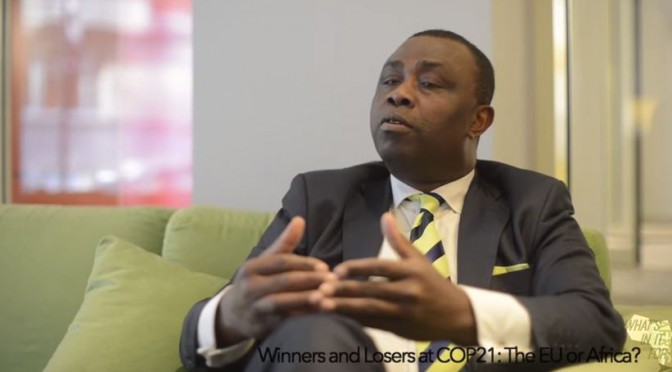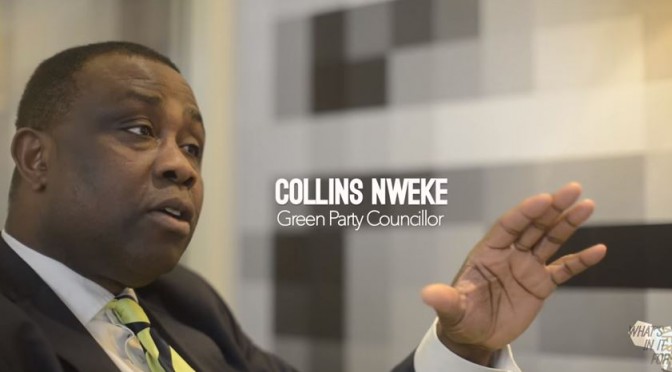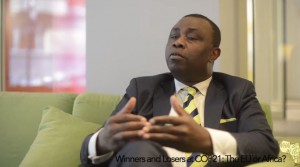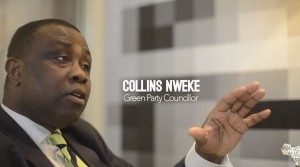In this extensive duo conversation, Secretary General of CBL-ACP Chamber of Commerce, Thomas De Beule and I were engaged by journalist Stephen Imediegwu of RadioNow FM Lagos. Within the framework of a mission to Nigeria to unveil and promote the 2nd Nigeria Belgium Luxembourg Business Forum, holding in Brussels, Belgium on 18 – 20 September 2024, we sought to speak to the notion of Oil been a dead commodity.
Tag: Africa
Celebrating Cultural Diversity and Identity through Street Art in Ostend, Belgium
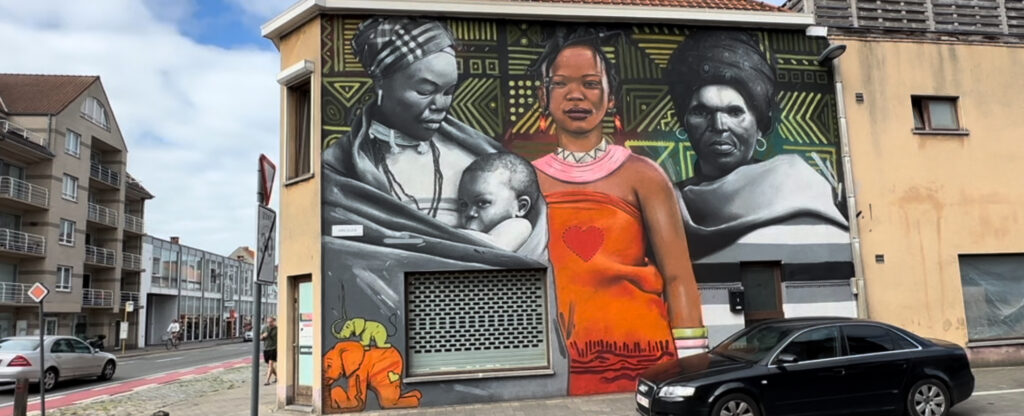
Street Art is defining and redefining contemporary communities around the world. Of the diverse use Fine Artists are putting the art form to, the ones that appeal to me the most are cultural-identity expression and social-political commentaries or activism if you like.
When Tonia and I migrated out of Nigeria and made Ostend, Belgium our new home, Africans, and non-Belgians in general, were barely seen nor heard in everything and everywhere. But all that have gradually and incrementally been changing. This is to our delight because the moment the kids started arriving, we realised that they did not ask to be born here. We brought them into the world here. This is their natural home. If we were going to simply sit back and lament about the lack of intercultural awareness, not to talk of racism, and do nothing to change beliefs, they would grow up here and meet the same situation that we met. Is that not a parental failure in some ways?
When we signed up as volunteers and joined Réginald Moreels to form Ostend’s first interracial community organisation, Jakoeboe vzw, of which I went on to become its founding President, it was an intentional decision. Our message was: let us bring cultures together, to get to know one another better, communicate and relate better. When I took up a course of study of Management in the Social Economy and focused my research on the use of cultural products as means to tackle cultural conflicts, for intercultural cohesion building, again it was an intentional decision that culminated in the establishment of the Exotic Kitchen. This was a project under The Global Village, that served as Ostend’s first intercultural centre with fusion kitchen & catering, manned by the new Belgians who had made Ostend their new home. All of these in a social profit context.
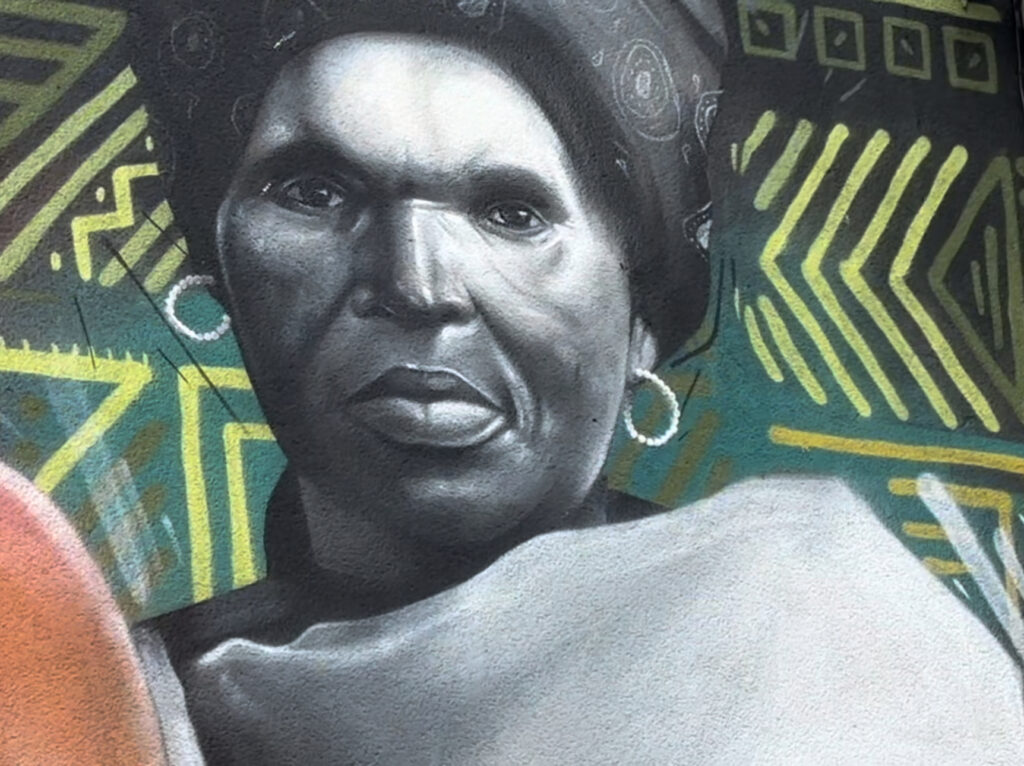
The Exotic Kitchen became a home for that lonely migrant with passion for culinary art but no avenue to express it beyond his or her tiny family unit, if there is a family. They could cook their national dishes and curious Ostenders could discover and enjoy these new meals and get to have conversations with the cook about their country, people, culture, life in Belgium, you name it. And gradually walls of fear are being broken down and bonds of friendships replacing them.
I am not saying that we are where we ought to be, but we are on the right path in recognising that inter-culturality is our reality of today. If anything, our cities will get more, not less culturally diverse than in the coming years. We can choose to be in denial of this inevitability or accept it and figure out ways to manage our city’s interplay of cultures effectively and efficiently.
Some of us that are more courageous and daring but not necessarily more intelligent than our forebears, again made the intentional decision to embrace politics as a tool to register our presence, get our voices heard, accentuate the things that are working well while working from policy and project angle, to change the wrong beliefs and sometimes outright racism. Those massages resonated with many hence when I joined party politics almost 18 years ago and told the voters that together with them, I would work to manage the intercultural reality facing us, they believed me, and I got elected.
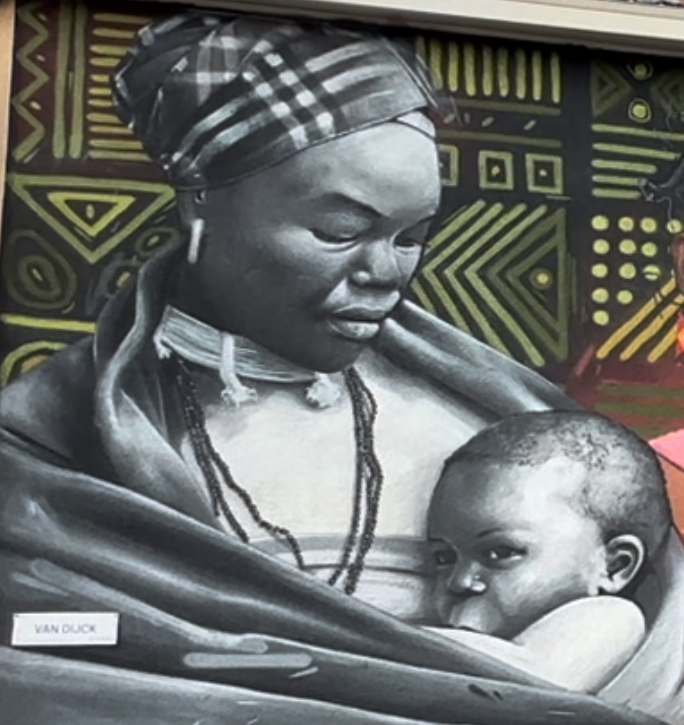
When I spot Street Arts that identify with and give expression to Cultural Diversity and Identity, they give me optimism that we are not going back to the dark times of denialism of our intercultural reality. The Street Arts are reflecting the cultural and social identity of Ostend. These Fine Artists use this art form to celebrate local heritage, commemorate events, and honour significant figures or landmarks.
Some make in unique ways, some compelling social and political commentaries with their Street Art, expressing implied political opinions sometimes to Far-Right elements that we should all be in it together. In many ways, the Street Artists are equally about community engagement and empowerment. Their projects often involve collaboration with local communities, fostering a sense of ownership and pride. Community-driven art projects do engage youth and marginalised groups, providing them with a creative outlet and a voice.
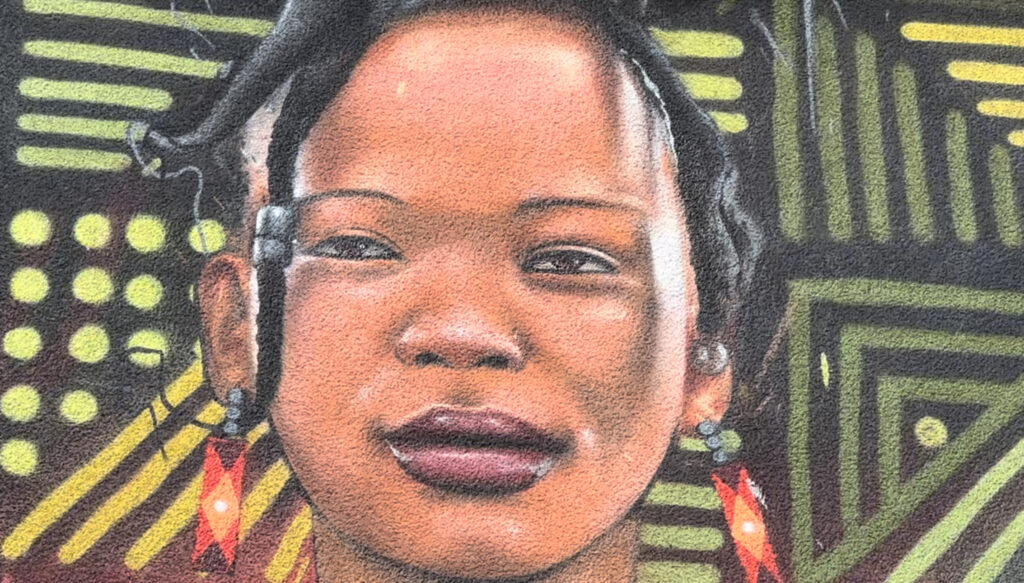
I have no idea who the Street Artist is whose work has caught my fancy. And he did not sign it off, except I missed it. But he spoke to me from different dimensions. His painting of three African women and a child plays a multifaceted role. To me it serves as a vehicle for cultural expression, social commentary, adds to urban renewal of our beautiful Ostend, and it engages our diverse communities. The impact of Street Art goes beyond mere aesthetics. We are in dialogue now because it fostered the dialogue. Above all Street Arts are transforming our public spaces into vibrant cultural hubs.
US-Nigeria Partnership in a Changing Global Arena
Nigeria’s Foreign Minister, H.E. Ambassador Yusuf Maitama Tuggar, offered his perspectives, and the 4D strategic vision for and on the evolving Nigeria-United States partnership.
At the Woodrow Wilson Center in Washington DC, Nigeria’s Foreign Minister, H.E. Ambassador Yusuf Maitama Tuggar, offered his perspectives on the evolving Nigeria-United States partnership. The event, “US-Nigeria Partnership in the Changing Global Arena,” drew a distinguished audience comprising diplomatic figures, former US ambassadors to Nigeria, and policy experts. Moderated by Oge Onubogu, Director of the Wilson Center‘s Africa Program, the discussion centered on the multidimensional relationship between the two countries and its broader ramifications for global security and development.
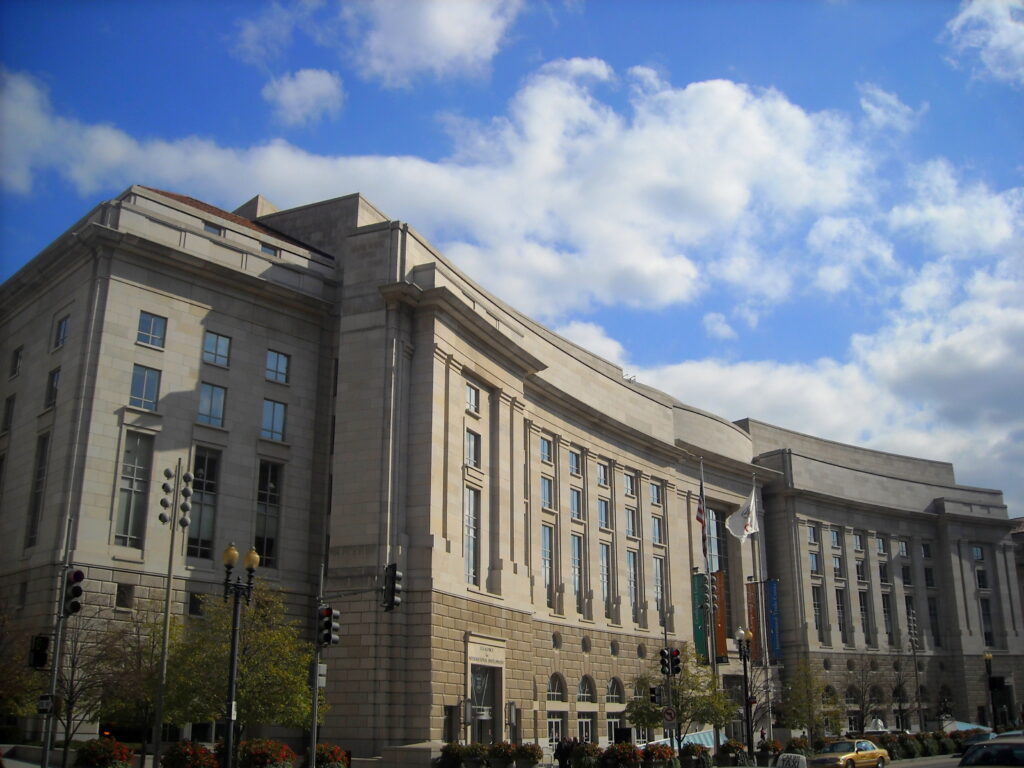
Nigeria’s Strategic Role and Demographic Potential
Minister Tuggar emphasized the historical depth and strength of the US-Nigeria relationship, which dates back to Nigeria’s independence in 1960. Highlighting Nigeria’s role as a regional leader in Africa, he underscored Nigeria’s significant population, with over 200 million people, half of whom are under the age of 30, presenting both challenges and opportunities for the nation and the importance of collaboration in areas such as security, economic development, and democratic governance. The minister’s remarks were timely, coming on the heels of the recently concluded sixth US-Nigeria Binational Commission in Abuja, where both nations reaffirmed their commitment to addressing shared challenges.
The “4D” Agenda: Democracy, Development, Demography, and Diaspora
One of the central themes of Tuggar’s address was Nigeria’s new foreign policy vision, encapsulated in the “4D” agenda: Democracy, Development, Demography, and Diaspora – under President Bola Tinubu. He articulated how these pillars are integral to Nigeria’s strategy to navigate the complexities of the current global landscape.
Emphasizing Nigeria’s commitment to democracy, the minister highlighted the nation’s role in promoting democratic values across the African continent. He noted that Nigeria, with its demographic, is poised to harness the dividend of its growing population to drive sustainable development and economic growth.
On development, Minister Tuggar stressed the importance of infrastructure projects and economic reforms aimed at creating jobs and fostering inclusive growth. He outlined Nigeria’s ambitious infrastructure development plans, including the expansion of broadband cabling, the adoption of 5G technology, and the construction of gas pipelines to leverage Nigeria’s significant gas reserves; noting the importance of trade and investment partnerships with the United States to support these initiatives.
Engaging the Nigeria Diaspora community is a key focus of the administration; whether in terms of investment opportunities or tapping its diaspora human capital. The minister called for greater investment in Nigeria’s vast gas reserves as a transition fuel, which would support industrialization and energy security while also addressing climate change concerns. He spoke about the significance of intellectual property rights in protecting Nigeria’s burgeoning creative industries, which include Nollywood and the Afrobeats music scenes; buttressing the role the music genre has played in putting Nigeria on the global stage.
Security Cooperation and Counterterrorism
Addressing the issue of security, Tuggar acknowledged the challenges posed by terrorism and transnational crime in the West African region. He called for enhanced US-Nigeria cooperation in counterterrorism efforts, including the provision of advanced military equipment and training. The minister also highlighted Nigeria’s commitment to human rights and transparency in its security operations, noting the establishment of a human rights desk within the Nigerian Army.
The conversation also touched on Nigeria’s strategic autonomy in its foreign policy, with Ambassador Tuggar affirming the nation’s non-aligned stance. He stressed the importance of homegrown solutions to African problems and warned against the presence of foreign mercenaries and private military companies in the region. The minister reiterated Nigeria’s opposition to any form of external dominance and called for partnerships that respect Nigeria’s sovereignty and promote mutual benefit.
Internal Security Challenges and International Partnerships
Minister Tuggar also addressed Nigeria’s internal security challenges, particularly the fight against terrorism and insurgency. He highlighted the critical role of international partnerships in providing the necessary weapons, equipment, and technical support to combat these threats effectively. The minister called for a reevaluation of restrictions like the Leahy Law, which prohibits the sale of certain military equipment to Nigeria, arguing that such limitations hinder Nigeria’s ability to address security threats comprehensively.
Israel-Palestine Conflicts and Nigeria’s Stance
A key highlight of the discussion was Nigeria’s stance on global conflicts, such as the Israel-Palestine crisis and the ongoing war in Ukraine. Minister Tuggar expressed Nigeria’s support for a two-state solution in the Israel-Palestine conflict and reaffirmed the nation’s commitment to upholding principles of sovereignty and territorial integrity in Ukraine.
The event marked Minister Tuggar’s first official visit to Washington, D.C., and he expressed optimism about the future of US-Nigeria relations.
Where is the African Interests in the US-China Battle for Influence?
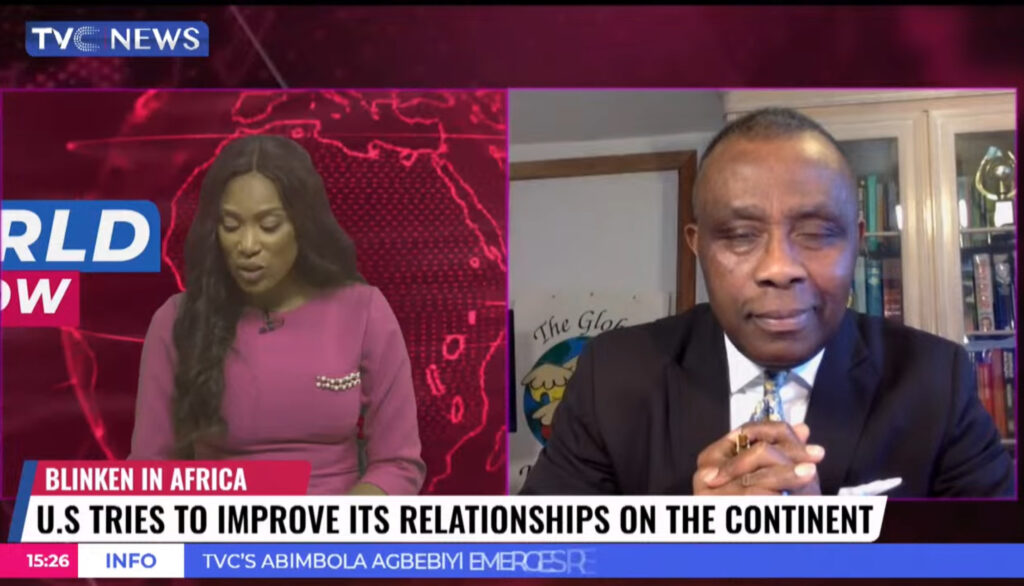
US Secretary Of State, Antony Blinken has been back in Africa since Sunday 21 January 2024, for a week visit. Nigeria is one of his four planned stops.
Key question in the lips of Africa watchers is if Blinken Africa shuttle diplomacy is out of love for Africa? I’d say Nope!👎🏾 It can only be out of protection of America’s interests & investments, obviously!👍🏾
And Africa’s interests? Who’s protecting those? Certainly not its leaders, if they even know what Africa’s interests are… that is! Except for a tiny few.
I had a short interaction with Television Continental TVC anchor, Precious Amayo, around how Nigeria could derive its best interests. I even attempted a couple of suggestions.
In doing so, I reminded myself of an ongoing conversation at a Think Tank I am associated with, People Expertise & Excellence Foundation (PEEF) under the leadership of Dr. MUSA RABIU, FCIPM about the prospect of Nigeria commencing manufacture of Military Hardware at its Ajaokuta Steel Plant.
I was quick to assert that in the battle between the US & China over influence in Africa, the continent ought not have a dog in that fight. There ought to be sufficient space for all in a potentially prosperous Africa. Not Turkey, not Russia and others with eyes on the raw materials, minerals, and young human capital of Africa, should be ignored.
African Governments, especially led by Nigeria, must undertake a value analysis to determine their advantageous positioning with the US & China, as both powers battle for influence over Africa.
Ajaokuta Steel Plant Nigeria in its planned commencement of manufacturing of Military Hardware for instance, could become an almost insatiable market for weapon spare parts for America’s weapon industry?
Just thinking aloud…🤔 in this interview on TVC
Collins Nweke Speaks to RT on Capital Punishment
Africa’s Justifiable Coups
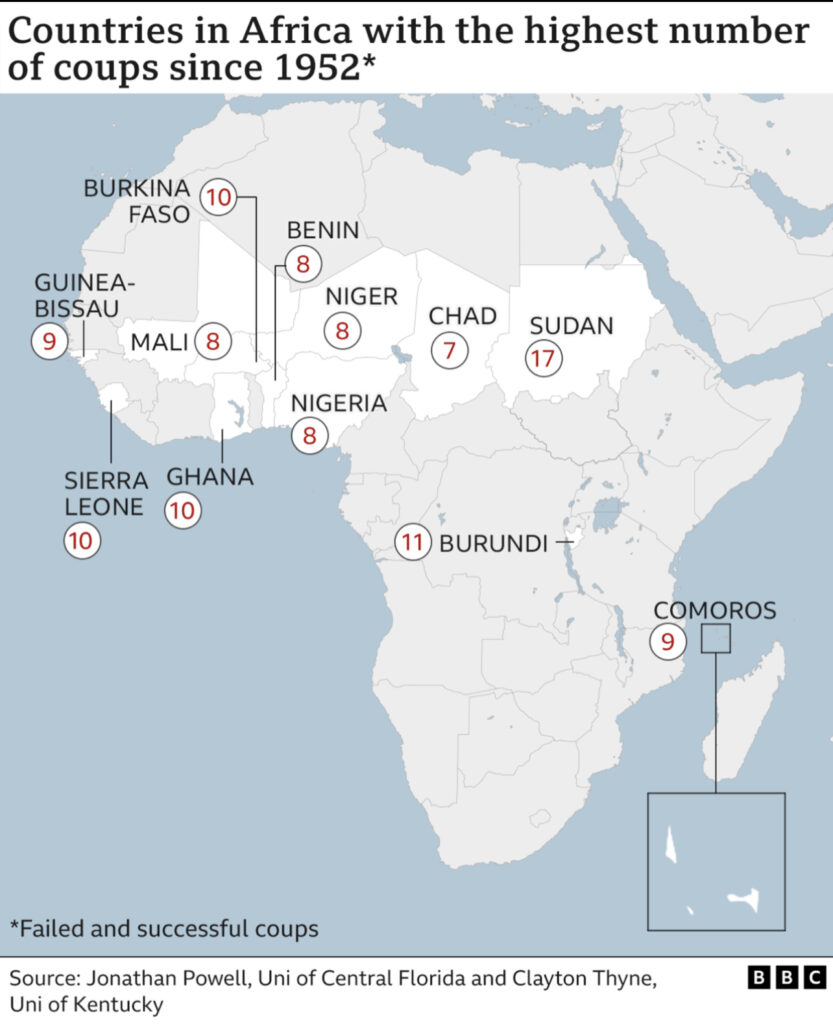
I was barely 6 months old when in January 1966, the first military seizure of power took place in my birth country Nigeria. Some 34 years thereafter, military rule held sway in Africa’s most populous nation. To a large extent, I could be rightly described not only as a ‘Warchild’ but also as a product of a military environment. To say the least, it is traumatising and perhaps psychologically deforming.
Outside textbook theories of the meaning of democracy, our generation of Nigerians only started learning in practical terms what true democracy is all about as from 1999. Some of us are adaptable but for very many of us, in our mid to late 30s, it was too late. Brut force, getting things the hard way, lack of inner peace, violence, aggression, and other vices had formed or deformed our psych. But not all of us!
While some of us believe these vices are normal, others consider them grossly abnormal. So we understand it when both young and old take to the streets embracing the military because they said they are the new messiahs that will bring them the good life, the prosperity that has eluded them for way too long.
When Bob Marley of blessed memory talked about chasing away the crazy baldheads out of the town, I now know that he was talking of no other than these African leaders that have determined that the children of Africa will not see or know peace.
The list is a mixed bag ranging from the often revered Gadaffi, who took over power by force, hung in there for 42 years and died in there rather than give power up. We can’t forget Omar Bongo either who stayed in for over four decades. Obiang is doing 44 years and counting while preparing his son, the Vice President to step in at any given moment. What about Museveni who has spent 38 years so far and won’t tolerate any opposition? We can’t loose sight of Paul Biya, can we? He’s been around as President for over 40 years and counting. But for a 4 year hiatus, Dennis Sassou Nguesso has held sway for 39 years. There are also the emerging oligarchs like Paul Kegame and Ali Bongo who have by one crooked means or the other have made the rulership of their fatherland a personal estate.
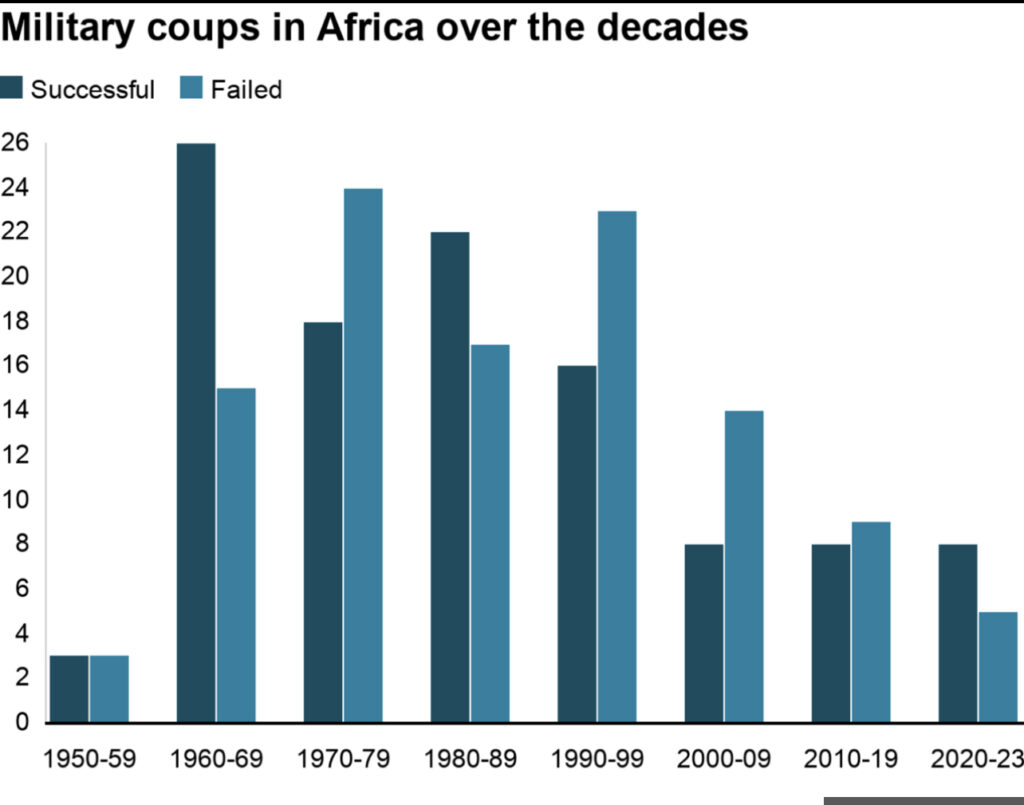
Do these abnormalities justify disruption of constitutional orders? No, not at all! While some of us maintain that coup is and remains an aberration, we understand the psychology of those who applaud the military boys for stepping in. The cliché that those who make peaceful coexistence difficult only makes violent dissent inevitable, comes handy here.
In all of these, some interesting queries around reshaping the world order are emerging. A couple of key emerging question are how well for Africa Western democracy is for the continent given that it was a forced system? Also how do you deal with neo-imperialism and its impact in retarding Africa’s growth? These are all germane issues worthy of interrogation but they should not be mixed up with the menace of power seizure with the barrels of the gun. These must be handled in isolation from the other even as closely related as they are.
To demonstrate the nature of coup as an aberration, there’s often a denial by ‘coupists’ that they committed a coup. An instance was in 2017 when in Zimbabwe, a military takeover brought Robert Mugabe’s 37-year rule to an end. Major General Sibusiso Moyo, who was one of the masterminds of the operation, appeared on television at the time, flatly denying it was a military takeover. In April 2021 after the death of the Chadian leader, Idriss Déby, the army installed his son as interim president, leading a transitional military council. His opponents called it a “dynastic coup” not a classic coup!
Two US researchers, Jonathan Powell and Clayton Thyne probably has the most plausible explanation for this denial when they concluded that coup leaders almost invariably deny their action was a coup in an effort to simply appear legitimate. One illegitimacy can not correct another or a hundred illegitimate actions.
My realist friend and comrade, Adetunji Omotola’s bluntness on this matter of coup in Africa is a truism that stirs us all in the face when he asserted that he sees all dictatorships collapsing this year with military take over of power. Irrespective of which side of the divide one is, there is perhaps a silent realisation that the soldiers might have naturally been assigned the role by Bob Marley of chasing the crazy baldheads out of town.
The Irony of a Continent and its Diaspora
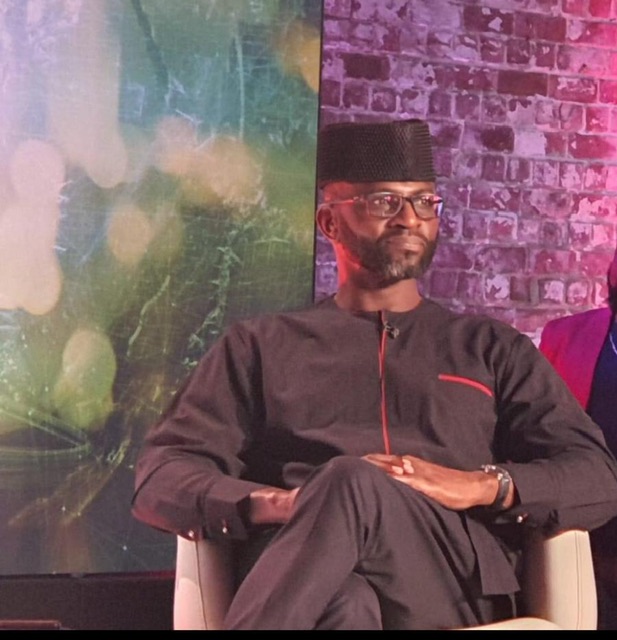
In this exposé, Nigerian-born African enthusiast, Adetunji Omotola adds his audacious voice to the cry for Africa to recognise the value that her sons and daughters bring to Africa’s growth table and purposefully mine it for the global good.
The millennium saw the emergence of Africans in diaspora as a force with which to be reckoned. Some diasporans serve in the highest levels of government and many returned to Africa,particularly in Kenya, Ghana and Nigeria. Dr Ngozi Okonjo-Iweala, the current Director General of the World Trade Organisation; Dr Akinwunmi Adesina, the current President of the African Development Bank; Wally Adeyemo, the current US Deputy Treasury Secretary, and the Nigerian Minister of Foreign Affairs, Godfrey Onyeama are some diasporans who have made it to cabinet level in Nigeria and beyond.
Nigeria leads sub-Saharan Africa in terms of diaspora remittances, with $23billion in 2019, followed by Ghana ($3billion), Kenya ($2.8billion) and South Sudan ($1.3billion). On the global remittances index Nigeria is in sixth place, with India in the lead ($79billion), China in second place ($67billion), Mexico third ($36billion), Philippines fourth ($34 billion) and Egypt fifth ($29billion). Despite these positive contributions by diaspora, there is a sense that that diasporansfeel extremely marginalized and unjustly treated. Nigerian Diasporans not having a vote is a grave injustice, when other African countries, such as South Africa, Kenya, Botswana,Rwanda and seventeen other African nations practice diaspora as a matter of course.
Nigerians in diaspora remittances still does not guarantee any inclusion into the Nigerian landscape. It also seems clear that,despite having a newly formed diaspora commission, there is no determination on embarking on a census on the numbers of Nigerians abroad. Research shows that the United States, UK, Italy, Germany and Canada have the largest numbers of Nigerians, followed by South Africa, France, Ireland, China and the Netherlands. These are the top ten countries with Nigerian populations. At the top is the USA (380,785), followed by UK (190,000), Germany (56,000), Italy (71,000), Canada (51,800),France (30,000), South Africa (30,000), Ireland (17,542), China (10,000) and the Netherlands (9,453). Great difficulty exists in determining the numbers in various African countries, due to a lack of data. According to Statistics South Africa in 2015, there were 10, 334 Nigerians who had temporary residence permits,25% of which had visitor’s visas and 355 had permanent residency permits.
Despite the success of Nigerians in foreign lands, the fact that there is still disconnectedness on many levels is painful and disheartening. There is no Nigerian national policy to absorb diasporans into the broader national landscape beyond settlements and investments. There ought to be a shift in the current haphazard methods in place for diaspora inclusion. It is a travesty of gigantic proportions that many Nigerians are ignored in a manner that creates deep concern and misery. There also exists a bias by those in authority towards Nigerians in the United States, Canada and Europe. The issue of not voting is one of the most notable examples of the failure to absorb Nigerians in diaspora into the political and economic development of the country. So many flimsy excuses are given by the members of the National Assembly and INEC regarding a lack of data and costs and also who will vote and which countries will be involved. This lack of political will is like a knee on the necks of Nigerians in diaspora, who observe voting by diasporans in Rwanda, South Africa, Botswana, Kenya and eighteen other African countries.
Nigerians in diaspora are the most educated migrants in the US. Most African doctors in South Africa are Nigerians, and there iseven a Nigerian Doctors Forum in that country. A Nigerian holds the world boxing heavyweight crown and there is the NBA most valuable player, Gianni’s Antetoukoumpo. Nigerian Ngozi Chimamanda-Adichie is a superstar and there is a slew of Hollywood actors, such as Chiwetel Ejiofor and more. There is Asa and John Boyega and Bayo Ogunlesi who owns Gatwick airport and was Trump’s adviser for some time. With all these observations it is clear that Nigerians in diaspora succeed across many formations and professions.
Nigerians in diaspora will provide Africa’s upward trajectory. What is missing at this stage is the ability of planners and African leaders work with various Nigerian diaspora groupings to access bodies like the African Union, the African Development Bank, the Pan African Parliament and regional bodies to build capacity and leverage the professionalism and skillsets of Nigerians in diaspora. The best kept secret that Nigeria and Africa by extension has in term of human capital is Nigerians in diaspora. Recently, Lt. Victor Agunbiade was given an award for his extraordinary accountability. Agunbiade received the Navy and Marine Corp Development medal for successfully managing $68 million. The amount represented 70% of its overseas disbursing volume. Agunbiade who was in charge of the money while he served as disbursing officer, comptroller department, Camp Lemonier in Djibouti (Horn of Africa) from October 2019 to July 2020, achieved 100% accountability among six rigorous inspections and independent audits with zero discrepancies.
Nigerians have become notable in the USA. Dr Bennet Omalu was the first person to discover and publish on chronic traumatic encephalopathy in American footballers. (Will Smith plays him in the 2015 film Concussion). In the legal space ImeIme A. Umana is the first black woman to be elected President of the Harvard Law Review in its 131 year history. Pearlana Igbokwe is the President of Universal Television and the first woman of African descent to head a major US studio. Dr Jacqueline Nwando Olayiwola is an Associate Professor at the University of California and the author of “Papaya Head” which speaks to first generation African Americans. Jacqueline’s siblings are Okey Onyejekwe, a medical doctor, Meka Don a lawyer turned rapper and Sylvia Onyejekwe, a lawyer. Jacqueline and her brother Okey frequently undertake two mission trips to Nigeria every year.
In the Netherlands there is circular migration between Nigerians in the Netherlands and the UK. Most are employees of Royal Dutch Shell and some work for ABN Amro, Nike, Celtel, IBM and CMG. There are about 500 Nigerians with Dutch passports. In Russia there are 2100 Nigerians on Facebook.
The Nigerian diaspora population is the biggest African population, with the exception of French speaking nations. Nigerians in diaspora also contribute the highest in terms of remittances. The remittance figure of $23 billion it is almost the same size as the GDP of Africa’s bottom ten countries, Togo, Burundi, Eswatini, Sierra Leone, Liberia, Lesotho, South Sudan, Djibouti, CAR, and Gambia. Is it not ironic yet all these countries have presidents, budgets and military and they all have a say in continental African affairs? For example, each country sends five members of its national parliament to the Pan African Parliament in Midland, none of whom are diasporans, yet diaspora contributes significantly to each of these countries. South Sudan’s diaspora remittances are 36% of its GDP, while Nigeria’s are 8%.
The failure of the Nigerian government to deepen its relations with its diasporan and include them in politics and business and other sectors of the economy is probably the biggest oversight in the last three decades. The current model of meeting a few diasporans, who are handpicked by diplomats abroad, has not yielded any meaningful result in the past two decades. With the rampant corruption happening in Nigeria, it may be wise to draft diasporans who are used to living according to their means and are not desperate to buy land in Ikoyi or Maitama in a matter of months.
There is a Diaspora Commission in Nigeria and there are also committees in both houses of the National Assembly but the Diaspora Commission board is yet to be constituted and the committee members in both houses are not even known to diaspora stakeholders and their impact has not been felt in any significant manner. There is a sense that diasporans are not given the seriousness that they deserve and until major steps are taken with diasporans, Nigeria will not grow into the true economic and political giant it can and should be. One can go as far as to suggest that the diasporan ought to have slots at the National Assembly and each state house of Assembly in the same manner that women participation is desired.
The following recommendations may be considered. Firstly, all Nigerians in diaspora who are aged 18 and over should be allowed to vote by 2023. Secondly, Nigerians in diaspora need to be on a database at every high commission. The missions should see the registration as their most sacred duty. Thirdly, Nigerians abroad doing business and in professions should be encouraged to join chambers of commerce between the host countries and Nigeria. It is also important to engage in positive branding about Nigeria in the countries with big Nigerian populations. A country with 200 million people should be branding Nigeria weekly, monthly and annually. The embassies can work with the community and the media to do so. There can be no doubt that countries such as South Africa, United Arab Emirates, United States and the United Kingdom have had their fair share of Nigerian scams and fraudulent activities so it is wise to promote Nigerians who are doing very well in those countries or face stiff visa restrictions when travelling to these parts. Nigerians in diaspora are the most marginalized Nigerian group and this needs to change very quickly. No nation will reach its full potential while it ignores its most productive population.
Barrister Adetunji Omotola is the founder of the Guild of Nigerian Professionals-South Africa. He is an alumnus of the Henley Business School, Executive Speaker Programme. He is a Bloomberg Certified Financial Consultant and Founder of 12 Disciples Leaders. He is an African Media Personality and Founder of Afrospace. He blogs at www.winelawandpolitics.wordpress.com. He initially published this article under the original title : Africa in the 21st Century and the role of Nigerians in Diaspora in its trajectory
Economic Diplomacy & the Diaspora
I was delighted to have made a presentation at a Multi-sectoral Stakeholders Economic Investment Summit organised bySME Secretariat and hosted at the Lagos Chamber of Commerce, Victoria Island, Lagos Nigeria on Monday 21 January 2019
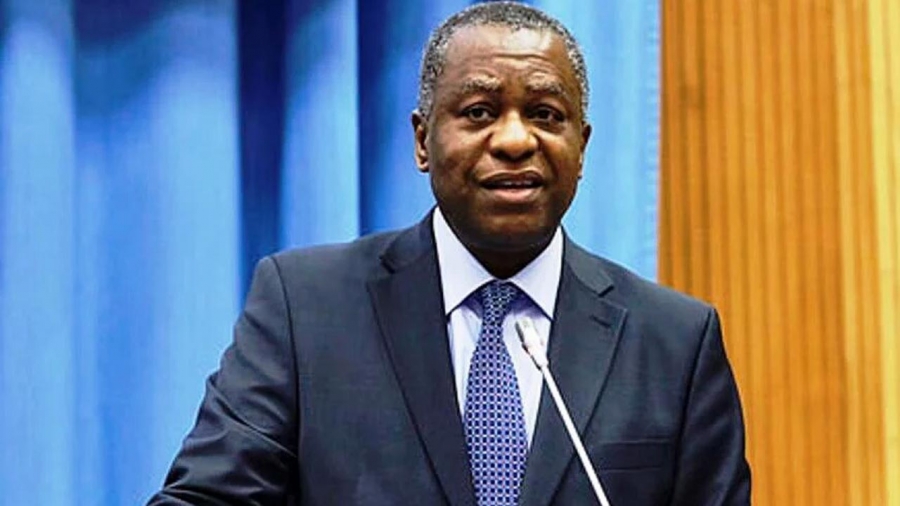
I used the opportunity to review the Nigerian Economic Diplomacy Initiative (NEDI) of the Ministry of Foreign Affairs of Nigeria under President Muhammadu Buhari. After a general refresher of what NEDI is all about, I dropped the following conclusions on this policy initiative:
- NEDI is a strategically important policy tool with huge potentials to make a structural difference in economic regeneration of Nigeria with focus on non-oil sector
- NEDI made a good start but has clearly not lived up to its biddings. It has failed rather woefully in showing evidence that it has made a convincing start in delivering on the important task of enhancing inter-agency collaborations
- There is no visible effort on the part of NEDI to genuinely engage the Diaspora in a result-oriented way
- Unless there is a change of course, NEDI is marked to fail!
I wrapped up with these sets of recommendations:
- Foreign trade component should be introduced into the operations of all Ministries, Departments & Agencies (MDAs)
- A NEDI Attaché should have a sitting in all major Missions of Nigeria worldwide where possible or the role unambiguously integrated into the duties of all diplomats charged with economic affairs
- A formal working relationship should be initiated with Nigerians in Diaspora Organisation (NIDO) worldwide to enhance professional Diaspora mobilization
- Clear targets should be set for inward investment flows as aconsequence of NEDI activities
Access to the integral PowerPoint Presentation on Economic Diplomacy & the Diaspora is possible:https://1drv.ms/p/s!AuyRKnHzz067wRMWQFFnd28yiaXL
Evaluating Africa-EU Climate Partnership Post-Paris
On the sidelines of the conference to launch the Covenant on Demographic Change in Europe at the EU Committee of the Regions, I took some time out to speak to the EU Public Affairs programme, ‘Inside the Issues’ to evaluate the COP21 climate conference that took place in Paris, France. The broad focus of the brief but punchy talk was EU-Africa climate change relations within the context of the global discussions at COP21. On one hand you have African countries who do the least to pollute but pay the highest price in climate change terms. On the other hand you have the historical dimension of the EU that has been a leading contributor to global greenhouse gas emissions.
In this context the specific topics covered include:
- The credibility of an EU-Africa partnership on climate change, given their divergent views.
- Who were the winners and losers at COP21
- Should developed countries, like the EU, pay the highest price in contributing to a better climate?
Click here or on the picture to watch the discussion, which also includes the perspective of a researcher, thus balancing politics with academics and in my opinion, excellently well delivered.
